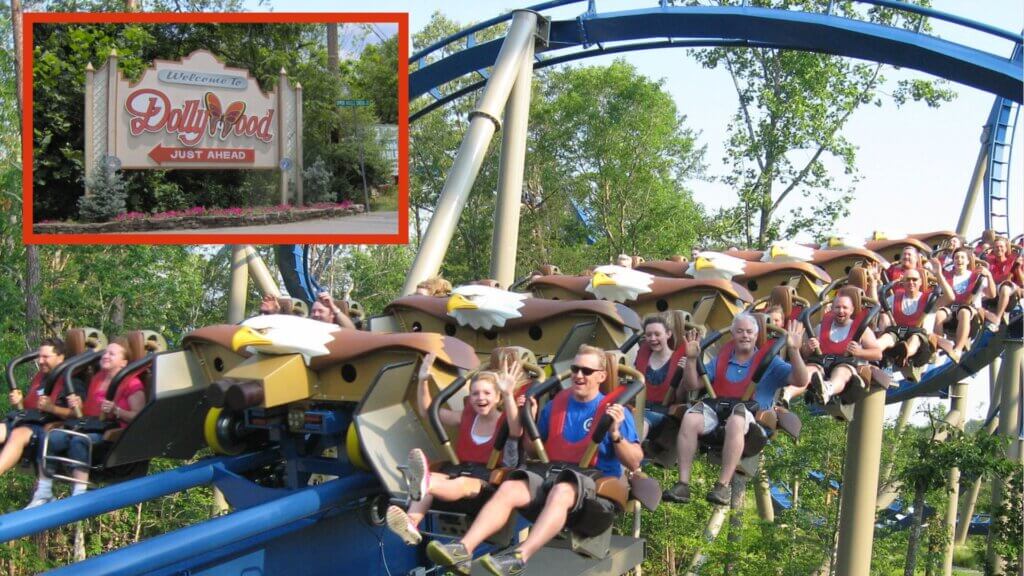Products are selected by our editors, we may earn commission from links on this page.
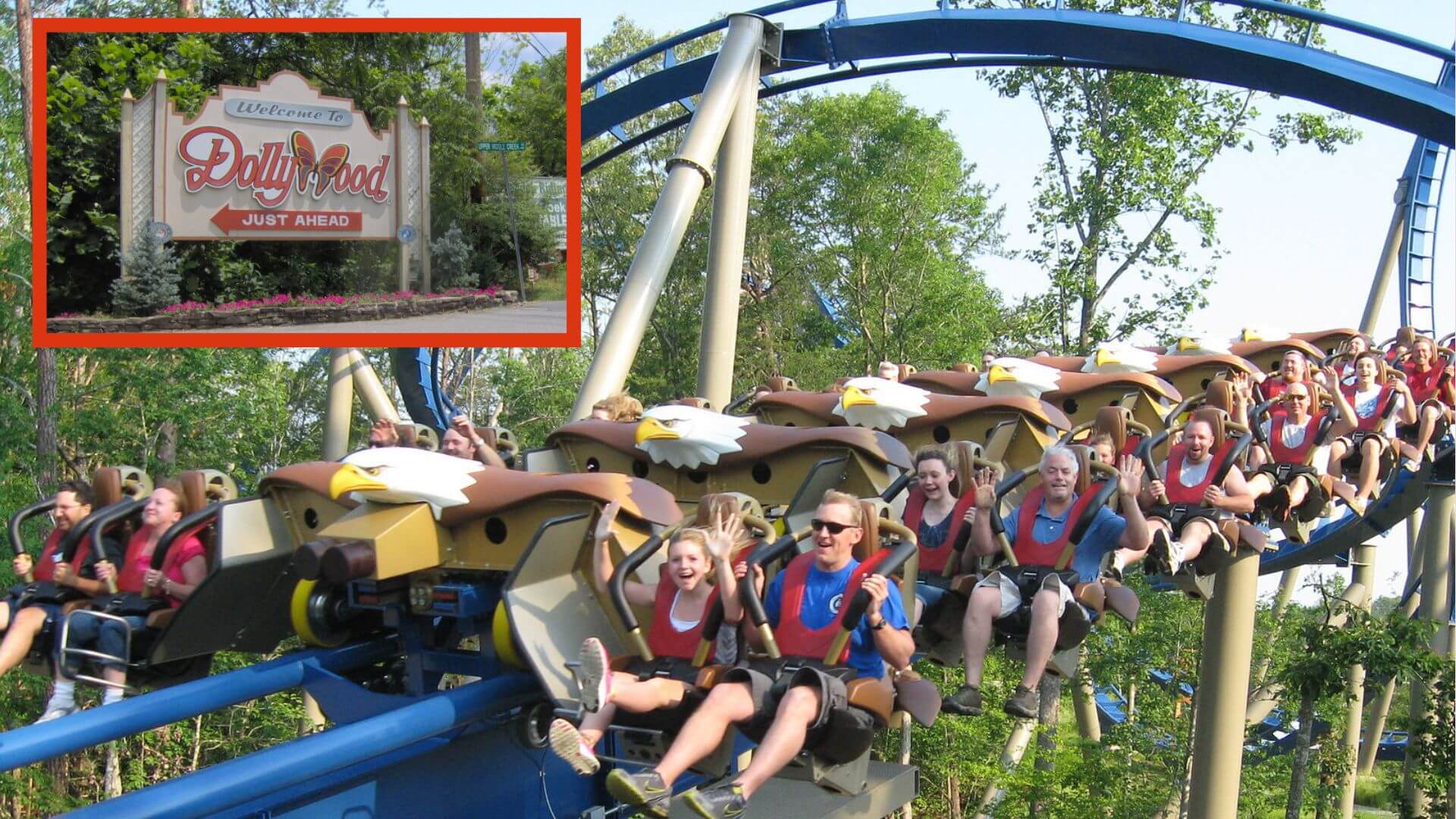
Dollywood’s parent company has begun reshaping its newly expanded portfolio after a major acquisition, closing at least one longtime park. Herschend’s post-merger restructuring is prompting concern among families and local businesses that relied on smaller regional parks—and raising questions about what the company’s focus on flagship resorts means for community attractions nationwide.
A Major Merger Reshapes the Portfolio
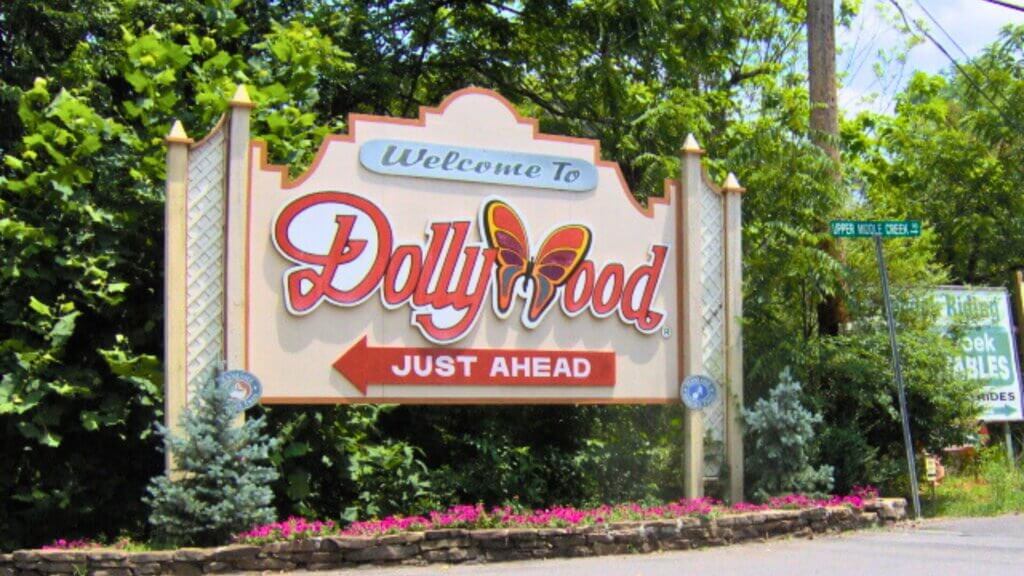
In early 2025, Herschend Family Entertainment completed its acquisition of Palace Entertainment’s U.S. attractions, adding more than 20 parks to its roster and instantly expanding the company’s footprint beyond its signature Dollywood resort.
Rapid Consolidation Follows Acquisition

Within months, the company began streamlining holdings: reports show Herschend has already closed or sold roughly 20 percent of the parks it acquired, part of an early effort to align assets with its long-term strategy.
Malibu Norcross is Closed
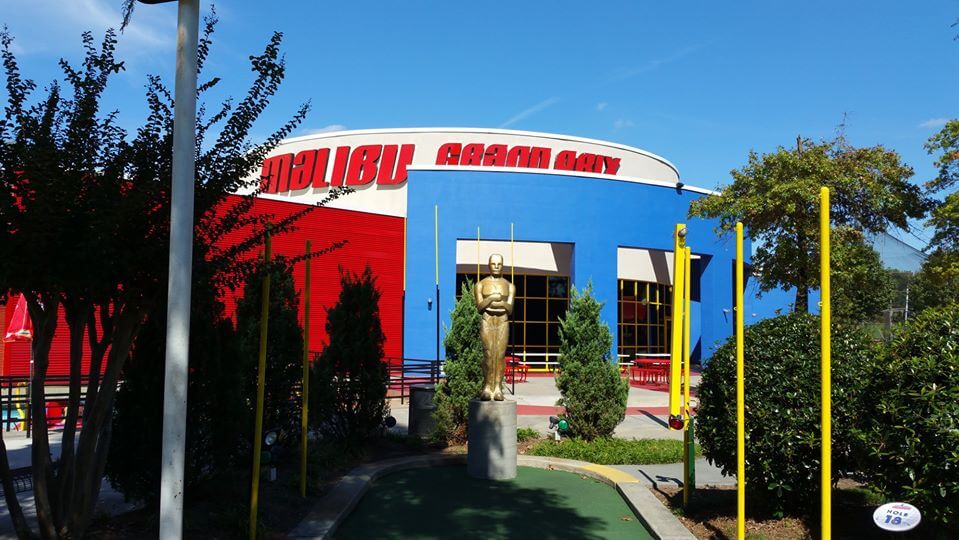
One immediate casualty is Malibu Norcross in Gwinnett County, Georgia, which shut after more than two decades serving local families. Local officials and longtime visitors say the closure came as part of Herschend’s broader post-merger reshuffle rather than a strictly local performance issue.
Why Smaller Parks are Vulnerable

Company leaders appear focused on larger destination resorts; smaller family entertainment centers require steady reinvestment and draw mainly local traffic. Industry observers say those dynamics make compact, regional parks less likely to survive a portfolio rationalization than flagship properties.
Immediate Community Ripple Effects

Closures like Malibu Norcross hit neighborhoods quickly: regular visitors lose a nearby recreation spot, seasonal and part-time staff lose jobs, and nearby vendors and restaurants see fewer customers—concrete local costs that follow corporate restructuring decisions.
Sales and Divestments Are Part of The Cleanup
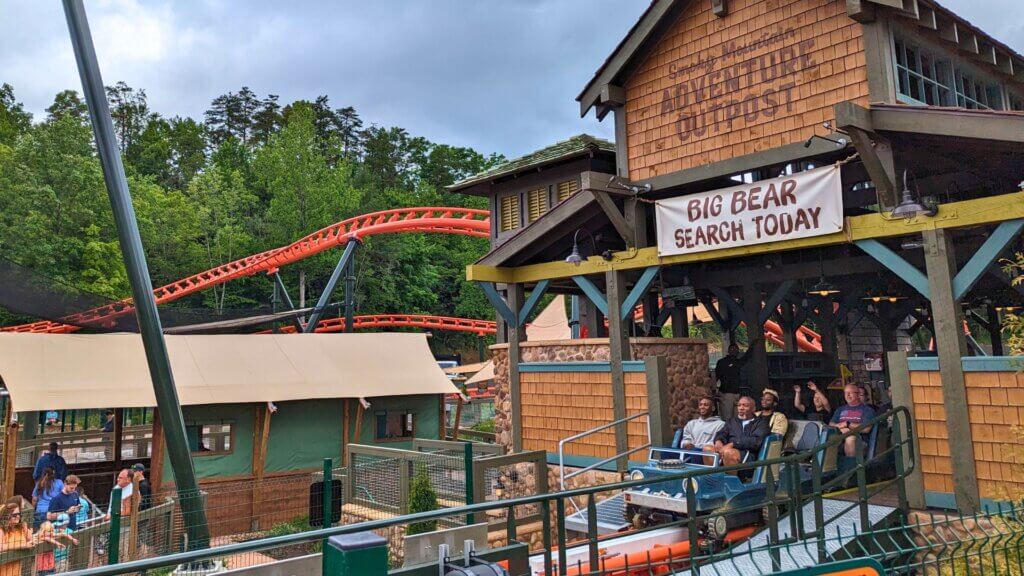
Alongside closures, Herschend has moved to divest certain assets acquired from Palace, an approach reported in industry coverage that frames the activity as early post-merger portfolio pruning rather than random shutdowns. See the timeline and details in the industry roundup.
A Renewed Focus on Flagships
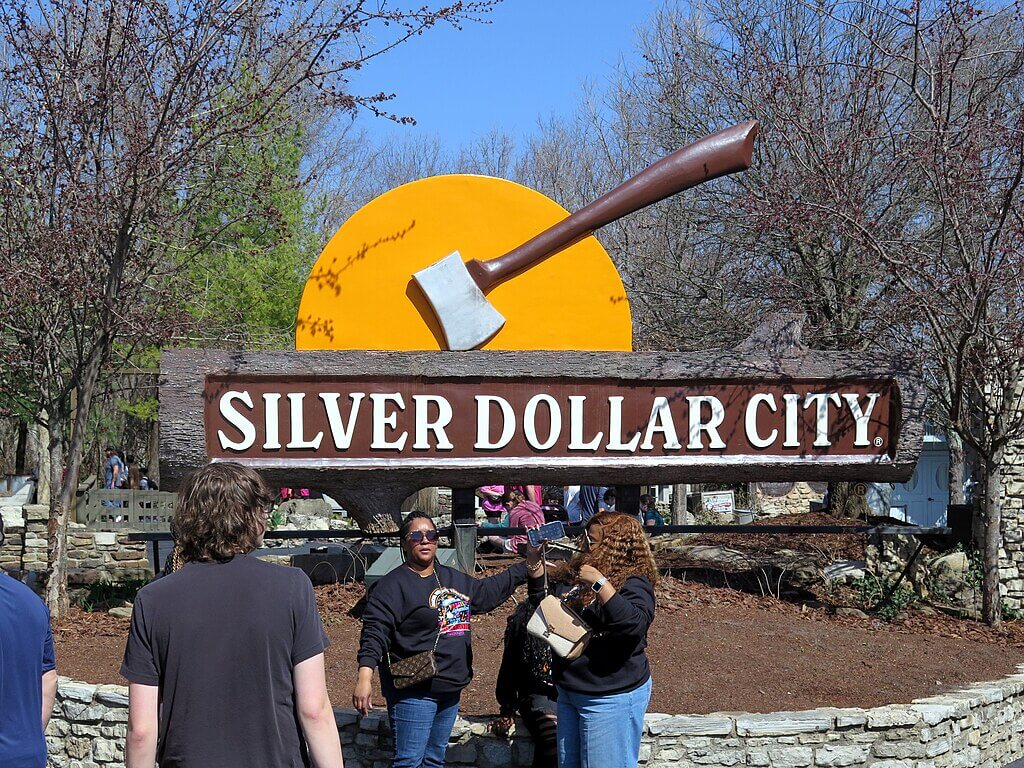
At the same time, Herschend seems set to double down on marquee destinations such as Dollywood and Silver Dollar City, parks with broader tourist draw and higher margin potential, shifting investment away from smaller regional venues toward larger resort experiences.
What This Means for The Wider Theme-Park Landscape

This is part of a broader consolidation trend: as operators scale up, they often prioritize national drawcards, which can concentrate market power and leave smaller communities with fewer nearby options for affordable family entertainment.
Looking Ahead: Uncertainty for Local Parks

Herschend hasn’t announced a long list of additional closures, but the early pattern suggests careful portfolio pruning will continue. Families, employees, and municipal partners tied to smaller parks will want clarity from the company about future plans and any community support as transitions occur.

